Sometimes It may be difficult to determine whether your cat’s behavior is normal or an indicator of underlying health problems, which is particularly the case when it comes to feline drool. Unlike dogs, cats aren’t known droolers. While light occasional drooling is generally nothing of concern, excessive drooling can be a sign that something is seriously wrong with your cat. Below, we detail the most common causes of why cats drool and what steps you can take to improve their health.
Oral Discomfort
Whether it’s a bad tooth, gum diseases, or just a foreign object stuck in their mouth, oral discomfort can lead to excessive drooling. Besides drool, other symptoms of an oral health issue may include pawing at their mouth, refusing to eat, and behaving in unusually aggressive ways. In serious cases, your vet will recommend professional dental cleaning and possible tooth extractions to address the issue.
Choking
Cat’s commonly get into places where they shouldn’t, which may lead to them eating objects that can get lodged in their throat or esophagus. A foreign object getting stuck somewhere along their digestive tract will make it hard for your cat to swallow, resulting in drool as a response. In these cases, it’s important to take your cat to the veterinarian immediately.
Nausea
A variety of illnesses, cancers, tumors, and diseases can all cause your cat to experience nausea. If your cat is acting unusually lethargic, refusing to eat, vomiting, or acting aggressive, all these can be indicators that your cat has a serious underlying health issue and should be seen by a veterinarian immediately. Drool is usually not the only symptom of serious health conditions as it’s usually accompanied by one or some of the other aforementioned symptoms.
Stress & Anxiety
Moving houses, being placed in a cat carrier, prolonged heat exposure, meeting a stranger, and an assortment of other environmental stresses can all lead to a cat to excessively drool. Felines don’t generally like change and out of the ordinary experiences can ramp up their anxiety levels, as well as their salivary glands. If you’re noticing stress indicators in your cat, simply wait out their anxiety episode until they stop drooling. However, if your cat is chronically anxious all the time, you may need to consult your veterinarian about feline anxiety medication.
Happiness & Relaxation
On the other hand, cats are known to drool when their relaxed. In these situations, drool is accompanied with purring, kneading, or receiving pets. Cats can drool when their content because this feeling is stimulating their salivary glands to produce lots of drool. Kittens are much more prone to drool under relaxing conditions, although many cats will continue to exhibit this trait into their adulthood.
Digestive Issues
Certain low quality cat foods can cause digestive issues, which can cause your cat to excessively drool. Proactively supporting your cat’s digestive health with high quality food can eliminate unwanted feline symptoms, such as drooling. Additionally, the billions of pre and probiotics found in Dr. Bill’s Feline Digestive Support can assist their gut in fighting off potential disease-causing organisms, which allows your cat to live healthier and delay the onset of age-related health issues. Dr. Bill’s Feline Digestive Support is a delicious, highly potent supplement powder that provides a concentrated level of 9 essential nutrients for the support and maintenance of a healthy digestive system. It contains a complex system of powerful ingredients and a unique enzyme blend known for absorbing and removing harmful intestinal toxins.
-
Feline Digestive Support$20.00 — or subscribe and save 10%
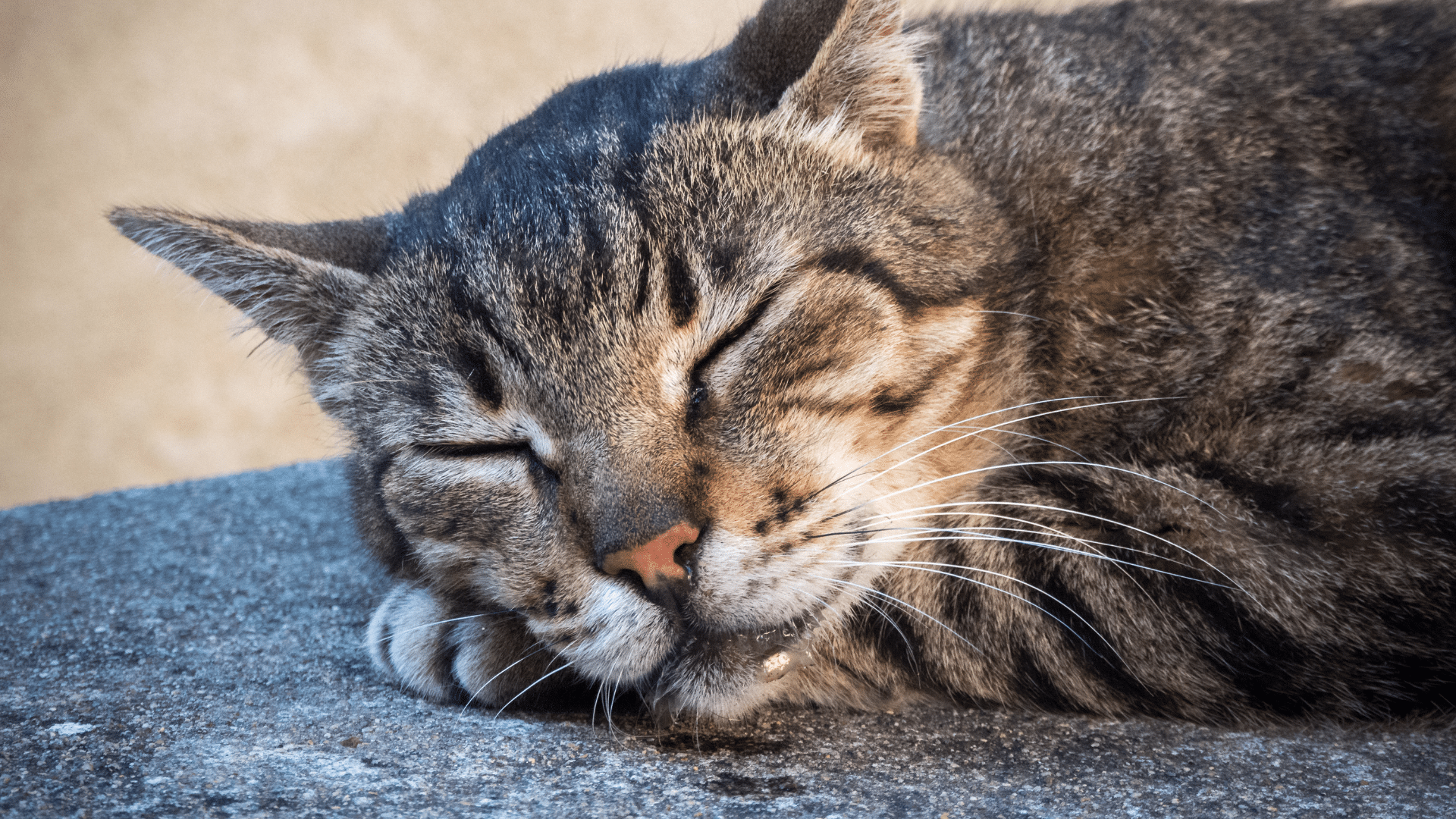
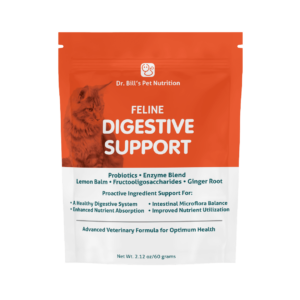
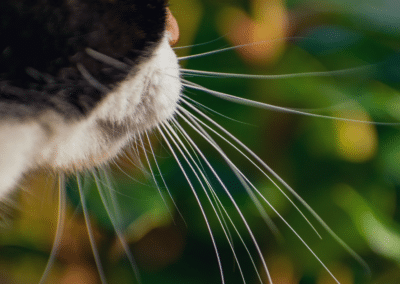
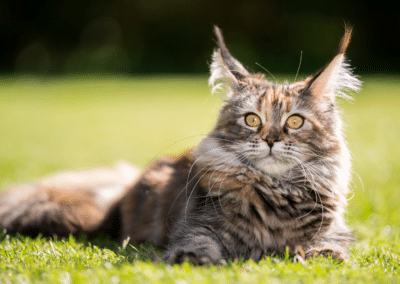
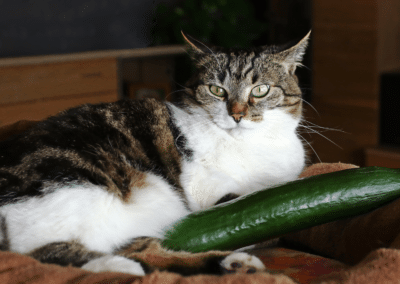
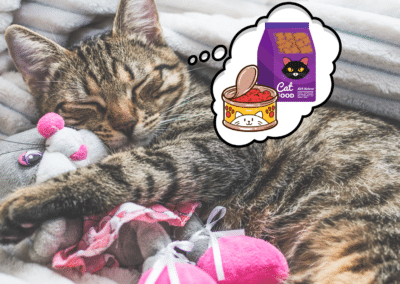
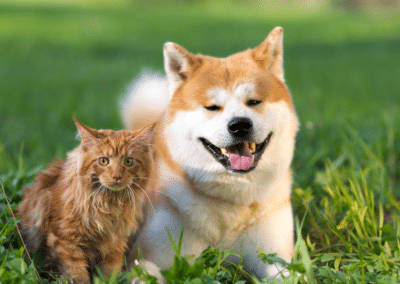
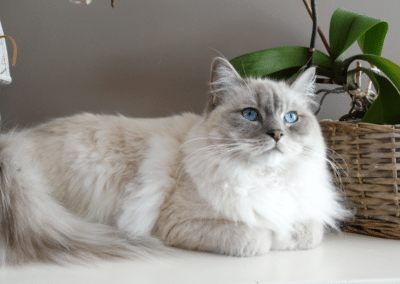
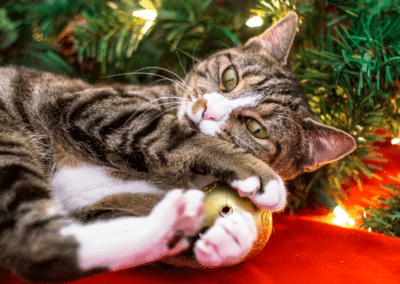
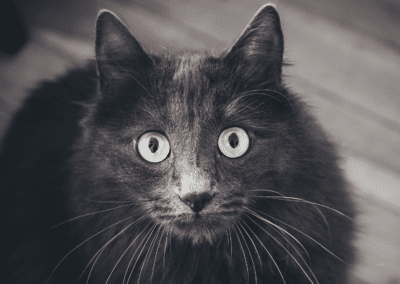
0 Comments